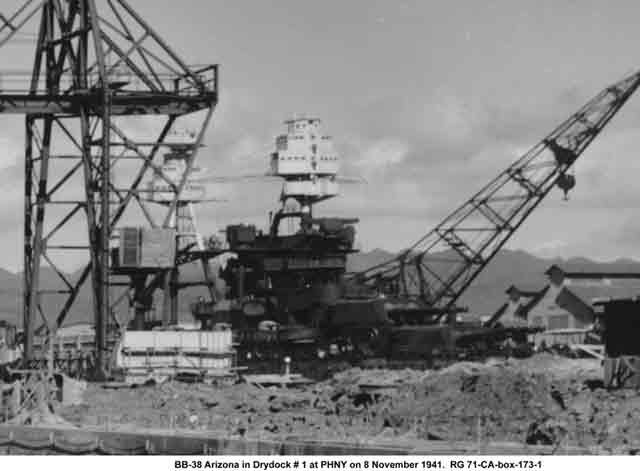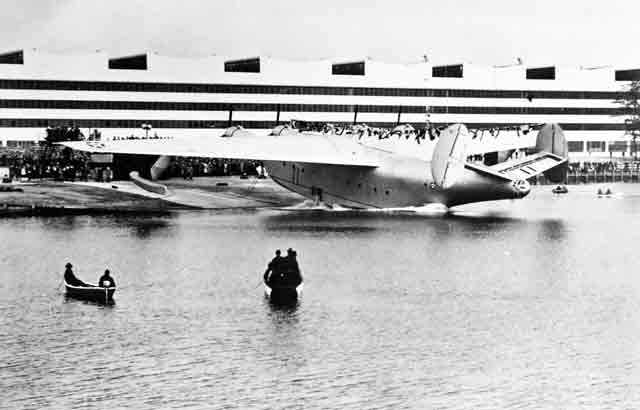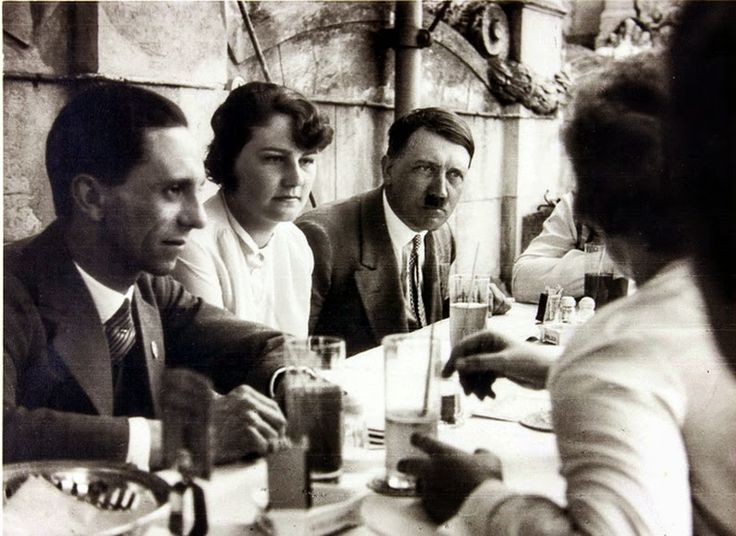Saturday 8 November 1941
 |
| German troops by a knocked out Soviet T-34 tank in Tikhvin after taking the town on 8 November 1941. |
Eastern Front: As dawn breaks on
8 November 1941, the German 12th Panzer Division (General Josef Harpe), supported by a reinforced regiment of the 18th Motorized Division and a combat group from the 8th Panzer Division (General Brandenburger), stands seven kilometers from Tikhvin. The town is defended by elements of four rifle divisions commanded personally by General Vzevolod Fedorovich Iakovlev, commander of the 4th Independent Army. A fierce snowstorm beats down, but Harpe sends his panzers forward.
 |
| "Inside the cockpit of the Link Trainer, Wrens are shown the instruments, dials, etc." This is at Royal Naval Air Station Donibristle Air Training Center on 8 November 1941. © IWM (A 6234). |
The snow aids the German attack by obscuring the vision of the defending Soviet troops. The anti-tank gunners on the outskirts of Tikhvin do not see the panzers until the last moment, and then they open fire and destroy several vehicles. However, the German infantry quickly catches up and eliminates the guns, enabling the attack to continue. The panzers break into Tikhvin, where the Red Army defenders defend each house. The going is slow because the panzers are of less value in the city streets, but at midday, the combat group from the 8th Panzer division makes good progress. General Iakovlev and his staff barely escape with their lives - for Iakovlev it becomes a bittersweet escape because he is immediately replaced as commander of the 4th Independent Army by General Kiril Afanasevich Meretskov.
 |
| Since it is a Saturday in November, that means in the United States it is time for college football! Here is a copy of the 8 November 1941 Navy vs. Notre Dame football program. These were very complete programs and included pictures of all the players and team histories. |
By the early sunset, the Germans hold Tikhvin. Both sides have taken heavy casualties, with the Soviets losing 20,000 men as prisoners and an untold number of other casualties. In the 12th Panzer Division, each rifle company is down from its normal complement of about 100 men. While Hitler had selected Tikhvin as the objective (rather than the nearer Volkhov preferred by his generals), he is not satisfied by its capture. He quickly sends a message to General Rudolf Schmidt, commander of 39thArmy Corps (motorized), setting Volgada as the next objective. This would entail an advance of another 400 km and take the unit further east than any other. Schmidt quickly replies that a further advance in the winter snow is impossible.
 |
| A view at Pearl Harbor of the USS Arizona in the distance on 8 November 1941, when she was undergoing repairs in Drydock #1 due to a collision with USS Oklahoma (US Navy). |
The capture of Tikhvin is an astonishing achievement. It opens up many strategic possibilities for the Wehrmacht, including joining the Finns to the north at the Svir River or, as Hitler suggests, making a deep encirclement of Moscow. Most importantly, having Tikhvin cuts the last supply roads and railway lines to Leningrad (via Lake Ladoga). If the Germans can hold Tikhvin, Leningrad cannot hold out for very long at all. Hitler, safe in his warm command headquarters, sees the possibilities and wants to make the most of them.
 |
| The New Yorker, 8 November 1941 (cover by Peter Arno). |
There are several problems with Hitler's plans, however. For one, the weather north of Moscow is getting worse every day. Temperatures are at 20 degrees below zero Fahrenheit and soon fall to -40. The Wehrmacht soldiers are not properly equipped for such conditions, and even if they were, their equipment is not. The panzers have to be run almost constantly to keep them from freezing, and the supply route from the Volkhov River is tenuous at best. Most significantly, the Red Army has been pushed back, but hardly has been beaten. General Meretskov immediately begins planned a riposte against Schmidt's depleted and freezing forces in the town.
 |
| A destroyed Pz.Kpfw.IV Aust-E.№-8 tank of the 15 Panzer Division in Libya, November 1941. |
German Government: As he does each year on the anniversary of the 1923 Putsch, Adolf Hitler gives a
speech in the Löwenbräukeller Munich to his party faithful. He does not mention the day's big success at Tikhvin for some reason, perhaps because he is not sure if the victory is complete at the time of the speech. However, Hitler has a lot to say about England, describing Winston Churchill as a "whiskey-happy gentleman" who had been counting on the Soviet Union to save Great Britain. Leningrad, he claims, is about to "fall into our hands" as a "heap of ruins." He further claims that Germany has taken 3.6 million Soviet prisoners so far and inflicted "an absolute loss of at least eight to ten million" men on the Soviet Red Army. In this, Hitler seems to be competing with Stalin, who on the evening of the 6th claimed to have inflicted over 4 million casualties on the Wehrmacht, figures which Hitler sneeringly recites and then refutes. The Soviet Union he describes as a "Mongolian state of a second Genghis Khan."
 |
| Launching of the Glenn L. Martin Company's prototype XPB2M-1 Mars at its launching on 8 November 1941. This is the prototype for the PBM Mariner patrol bomber. This prototype will be used for ground runs. Production will be delayed due to an engine fire and changing military requirements, and the first production model for the US Navy will not be delivered until June 1945 (US Navy). |
Perhaps Hitler's most interesting comments concern the United States, about which he has not spoken overly much in previous speeches. Hitler blames President Roosevelt for "Poland's entry into the war" - apparently forgetting that it was Germany that invaded Poland. Hitler continues:
I have ordered German ships, if they sight American ones, not to fire, but to defend themselves if they are attacked. A German officer who does not defend himself will be court-martialed by me. If, on the President’s order, an American ship fires, then it does this at its own risk. The German ship will defend itself, and our torpedoes will not miss.
There is little question that both sides, Germany and the United States, are edging toward war. The looming question that remains, however, is what will turn this simmering conflict at sea into an all-out shooting war.
 |
| The XPB2M-1 as it is launched on 8 November 1941 (US Air Force). |
November 1941November 1, 1941: Finns Attack Toward Murmansk RailwayNovember 2, 1941: Manstein Isolates SevastopolNovember 3, 1941: Japan Prepares to AttackNovember 4, 1941: German Advances in the SouthNovember 5, 1941: Last Peace Effort By JapanNovember 6, 1941: Stalin Casts Blame in an Unexpected DirectionNovember 7, 1941: Stalin's Big ParadeNovember 8, 1941: Germans Take TikhvinNovember 9, 1941: Duisburg Convoy DestructionNovember 10, 1941: Manstein Attacks SevastopolNovember 11, 1941: Finland's Double Game EruptsNovember 12, 1941: T-34 Tanks Take ChargeNovember 13, 1941: German Orsha ConferenceNovember 14, 1941: German Supply Network Breaking DownNovember 15, 1941: Operation Typhoon ResumesNovember 16, 1941: Manstein Captures KerchNovember 17, 1941: Finland Halts OperationsNovember 18, 1941: British Operation CrusaderNovember 19, 1941: Sydney vs. Kormoran DuelNovember 20, 1941: The US Rejects Final Japanese DemandNovember 21, 1941: Germans Take RostovNovember 22, 1941: Kleist in Trouble at RostovNovember 23, 1941: Germans Take Klin, Huge Battle in North AfricaNovember 24, 1941: Rommel CounterattacksNovember 25, 1941: HMS Barham SunkNovember 26, 1941: Japanese Fleet SailsNovember 27, 1941: British Relieve TobrukNovember 28, 1941: Rostov Evacuated, German Closest Approach to MoscowNovember 29, 1941: Hitler Furious About RetreatNovember 30, 1941: Japan Sets the Date for its Attack2020













